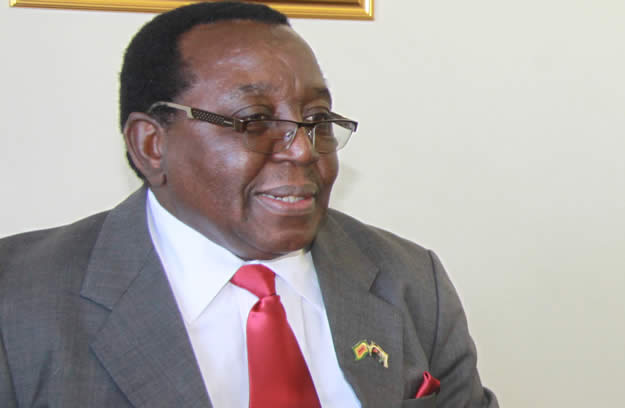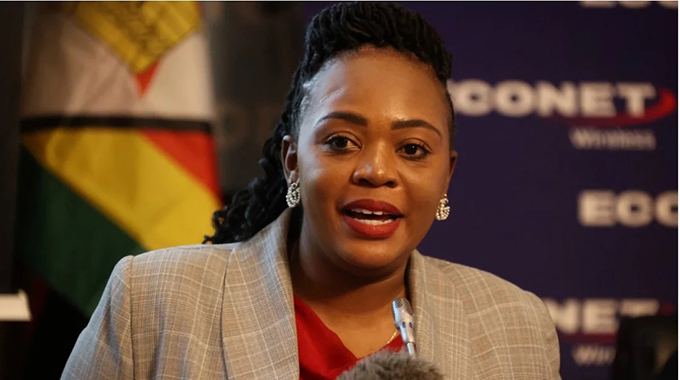MPs back centralised public borrowing

Prosper Ndlovu Business Editor
THE government should centralise public borrowing and streamline its debt management framework in line with Gross Domestic Product (GDP), Parliamentarians have said.
Speaking during a discussion on the Public Debt Management Bill tabled by the Minister of Finance Patrick Chinamasa in the august House, Members of the National Assembly called for urgent measures to protect Treasury against ballooning debts.
Zimbabwe is saddled with an estimated $10 billion external and domestic debt, which has seen the country failing to access critical lines of credit to finance its economic development projects.
Bikita West MP Munyaradzi Kereke said it was pertinent for Zimbabwe to look at enhancing and strengthening the debt management framework taking into consideration the limited resources.
“We need to set parameters internally, self imposed parameters within which we need to borrow and ensure that we’re within range of regional and international standards of our borrowing,” said Kereke.
“We applaud the recommendation in the bill that all aspects of public sector borrowing be housed under one roof. That creates uniformity and certainty. Under the current set up, an arm of government could create a liability, which is not known by Treasury.”
The legislator said while the $1,3 billion Reserve Bank of Zimbabwe debt had been taken over by the government, going forward, there was a need to have a more formal statutory driven framework that enhances consistency in the management of public debt.
Tapiwa Mashakada said the $10bn debt had become an albatross around the neck of the country’s economy.
“It’s important for us to deal with the issues of debt in a more serious manner. The bill can be able to vaccinate the Treasury against those odious debts because we don’t have enough resources. The Bill should be able to identify between developmental debt and nugatory debt; some of the debts that we contract don’t find themselves in the development of infrastructure or projects,” he said.
Chegutu West MP Dexter Nduna queried the management mechanism on the latest $98 million Brazilian loan for agriculture mechanisation under the Food for Africa Programme.
“President Mugabe commissioned the new equipment under the scheme recently. What I want to drive at is the management and supervision of the distribution part. As long as there is going to be reimbursement and restitution, we need to strengthen the arms of that sector; otherwise we risk being in default and not being able to pay back,” said Nduna.
Chinamasa concurred with legislators on the need to set borrowing limits but said this would not be cast in stone given the country’s needs.
“There should always be a safety valve to allow for borrowing outside the limits given the contingencies and the circumstances that maybe obtaining at the time,” he said.
“Thank you very much also for supporting the centralisation of borrowing powers within the ministry. The situation that I’ve encountered is that, because there were too many centres of borrowing, all binding on the State, I wake up one morning and I’m shown an acknowledgment of debt, binding on the State -$100 million, $200 million which I’m not aware of. That has to stop.”
The minister said centralising borrowing powers would also make it easy for the country to incur a debt which is sustainable while mobilising necessary resources.
He said the government was seized with clearing arrears with the World Bank and IMF and revealed that since taking over the ministry, he had not signed any loan for consumption.
“I only borrow where we’ll create an asset that will generate cash streams to service the loan. All the loans that we’re entering into are precisely what I’ve just said,” said Chinamasa.
He said the government would continue to guarantee borrowing security to state-owned and private companies as long as their projects have a transformative impact on the economy.
“We shouldn’t refuse to give State guarantees to private companies in particular, if we’re talking about power generation. As you know, we’ve huge power deficits in the country. If a private company is proposing to put up a power generation plant and comes to the government for some support by way of a guarantee, subject to the necessary arrangements for recourse against that private company; I see no basis on which we should refuse to give a State guarantee,” said Chinamasa.











Comments